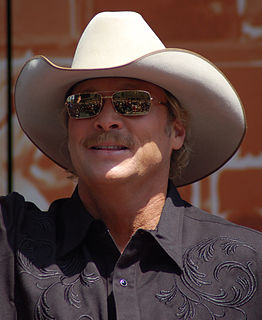A Quote by Stacey Abrams
There are racial and gender implications to how we think about what leadership looks like in the country.
Quote Topics
Related Quotes
We are not post-racial. And in many ways we don't even know how to have a conversation about being post-racial. Until we get out of that old-school way of thinking about race and opportunity and the ability to transcend some of the past of this country, then we're going to be stuck in the 20th-century conversation about race.
I want you to understand that racial justice is not about justice for those who are black or brown; racial justice is about American justice. Justice for LGBT Americans is not about gay and lesbian justice; it's about American justice. Equality for women isn't about women; it's about United States equality. You cannot enjoy justice anywhere in this country until we make sure there is justice everywhere in this country.
Perception, after all, is not simply a matter of what you believe about yourself, it all encompasses what others think about you, and what has been thought of you historically. I say we can pay attention to those other dimensions of our identity - class, gender, sexual orientation, geographical region - while at the same time understanding how our historically produced racial identity continues to serve, or undercut us.
It seems like election 2016 has been a whole lot about a person who's very high in the polls, that doesn't have a clue about how to govern.A person who has been filled with scandals, and who could not lead, and, of course, I'm talking about Hillary Clinton.I think America is in trouble, but it's not beyond repair. But it's going to take leadership who sees the greatness of this country, and who believes that once again we can be one nation, under God.
I think the way we look upon gender is that we're realizing that we're not that different, which is a good thing. The United States needs to come further with that. In the Scandinavian countries, we've come further when it comes to gender politics and how we look upon gender and how women are treated in general.
You think about people like Hank Williams, who stood on that spot of wood, and Mr. Acuff, and, of course, George Jones. And just about anybody you can think of who has made country music has been on that stage. That's what makes you so nervous - to think about the historical part of the Opry and how it's played such a part in country music.

































